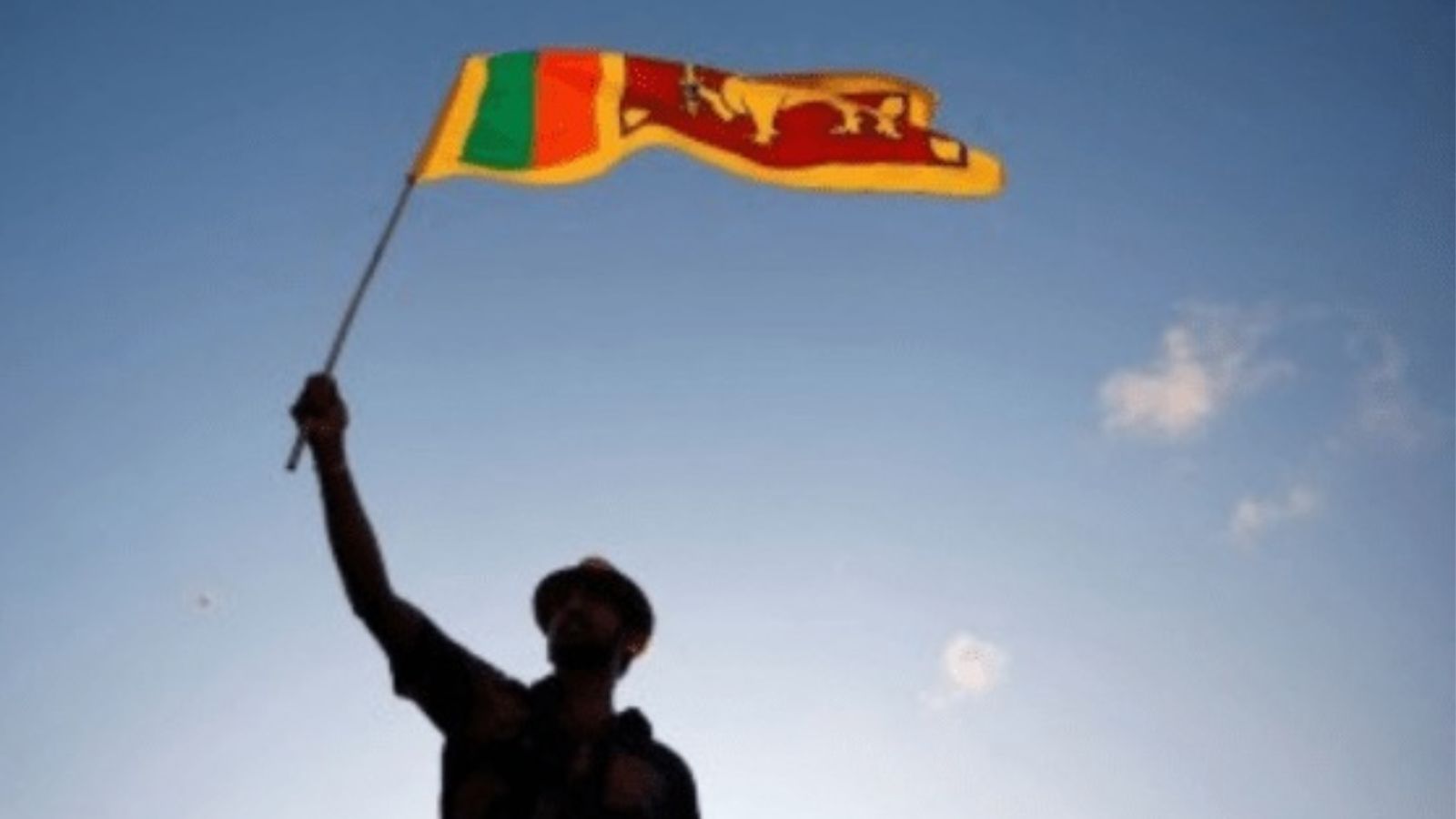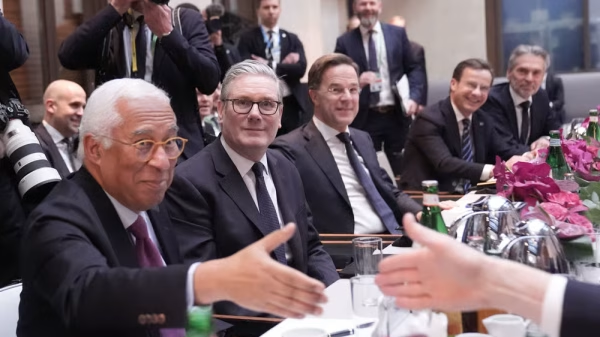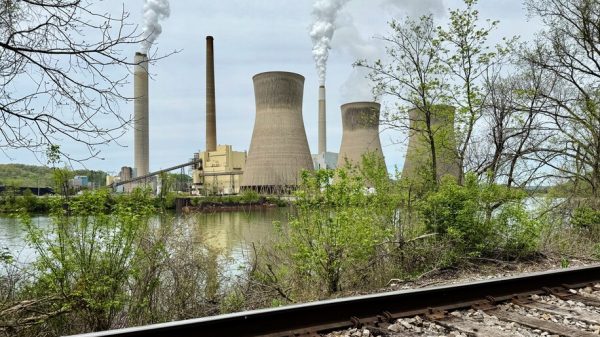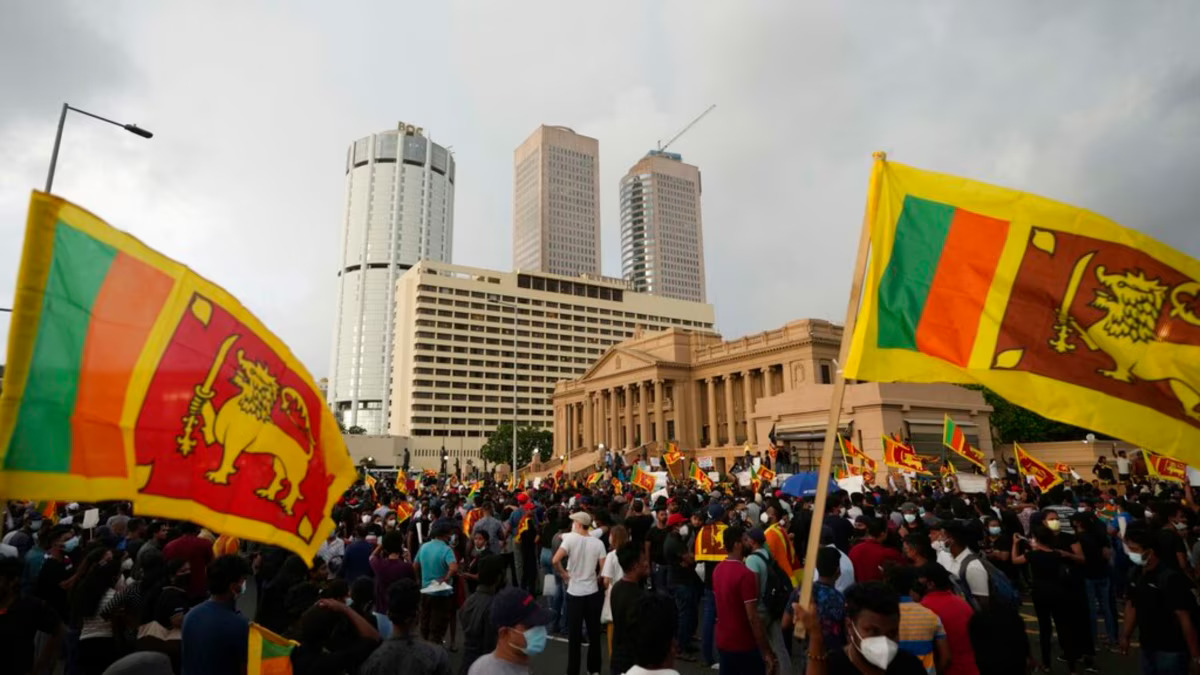Voting has concluded in Sri Lanka’s presidential election, as the nation aims to recover from an economic crisis and political turmoil that led to widespread protests and the eventual flight of then-President Gotabaya Rajapaksa.
This election, held on Saturday, is largely seen as a referendum on the leadership of his successor, Ranil Wickremesinghe, who has managed to bring some stability through a set of austerity measures backed by the International Monetary Fund (IMF).
These policies, including tax hikes, have been tough on the population, leaving millions struggling financially, making them unpopular with many voters.
Turnout was nearing 70 percent about an hour before polling stations closed at 4 pm (10:30 GMT), according to a provisional estimate from an election commission official, as reported by AFP news agency. The record turnout for a Sri Lankan presidential election was in 2019, with 83.72 percent participation.
“I’ve taken this country out of bankruptcy,” Wickremesinghe stated after casting his vote. “Now, I will deliver a developed economy, a developed social system, and a developed political system,” declared the 75-year-old leader, a seasoned politician who has served as prime minister several times.
He further urged voters to decide whether they wanted to return to a period of terror or move forward with progress.
The economic crisis has also spurred increased support for Anura Kumara Dissanayake, the leader of the Janatha Vimukthi Peramuna (JVP).
The party, which led two failed uprisings in the 1970s and 1980s that resulted in more than 80,000 deaths, received less than 4 percent of the vote in the most recent parliamentary elections.
However, the current crisis has allowed the 55-year-old Dissanayake to capitalize on growing public anger, offering promises to overhaul what he describes as the island’s “corrupt” political culture.
Another prominent opposition figure, Sajith Premadasa, 57, also stands to perform well. Premadasa, the son of a former president assassinated in 1993 during Sri Lanka’s lengthy civil war, is positioned as a strong contender.

Elections in Sri Lanka
Both Premadasa and Dissanayake have promised to renegotiate the terms of the IMF’s rescue package, with the aim of easing the burden of the austerity measures currently in place.
Wickremesinghe, however, has cautioned that any effort to alter the fundamentals of the IMF agreement could delay the release of a critical fourth tranche of nearly $3 billion in aid. This assistance is vital for maintaining economic stability.
Murtaza Jafferjee, from the think tank Advocata, told AFP that there is a notable group of voters expressing significant dissatisfaction with the country’s governance. Economic concerns have dominated the eight-week campaign, which was largely driven by the public’s frustration over the hardships faced since the peak of the crisis two years ago.
According to official figures, Sri Lanka’s poverty rate doubled between 2021 and 2022, reaching 25 percent. This increase added more than 2.5 million people to those already living on less than $3.65 per day.
Experts continue to warn that Sri Lanka’s economy remains fragile, particularly as payments on the country’s $46 billion foreign debt have yet to resume following the government’s default in 2022.
While the IMF has acknowledged the progress made by Wickremesinghe’s government, with signs of slow economic recovery, they caution that the situation remains precarious.
“A lot of progress has been made,” IMF spokesperson Julie Kozack said in Washington, DC, last week. “But the country is not out of the woods yet.”
Roughly 17 million Sri Lankans were eligible to vote in this election, where voters will rank three candidates on their ballot in order of preference. A record 38 candidates are competing for the presidency.
In a country with a long history of political violence, thousands of police officers have been deployed to polling stations. To ensure safety and order, the government also imposed a ban on the sale of alcohol over the weekend and prohibited any victory rallies or celebrations until a week after the final results are declared.
Vote counting is set to begin about three and a half hours after polling stations close, with final results expected to be announced on Sunday.











































